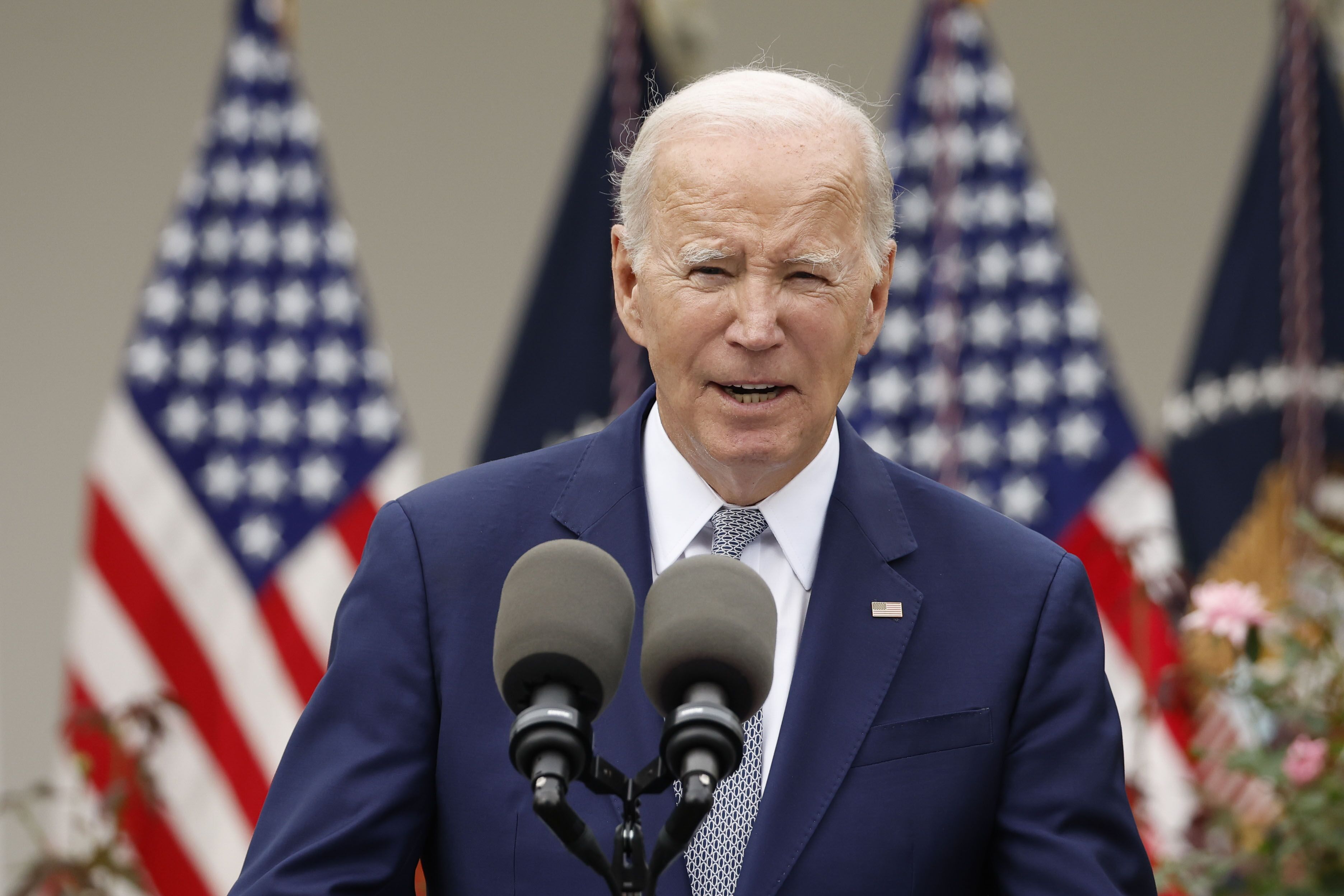America is considering two defense treaties for normalization between Israel…

Bloomberg – The White House is considering signing formal defense treaties with Saudi Arabia and Israel as part of its plan to get two of its closest allies in the Middle East to formally recognize each other, according to several people familiar with the matter.
President Joe Biden’s administration He believes that one way to achieve Israeli-Saudi normalization is to present the two security agreements broad enough to require congressional approval, According to those who know the position of each of the three countries.
Although there is still much to negotiate and the talks may fail, officials are making significant progress, according to these people.
The agreement would mean an important diplomatic victory for Biden before next year’s elections. For Israel, this will open the door to more business with the Middle East’s largest economy and help counter Iranian aggression. It could also encourage other Muslim-majority countries in the region and Asia to maintain friendlier relations with Israel, given the kingdom’s status as custodian of Islam’s two holiest sites, Mecca and Medina.
In addition, the agreements could ease tensions in the region and help secure vital oil and gas transportation routes.
Meeting in New York
Biden discussed the issue with Benjamin Netanyahu in New York on Wednesday. The Israeli Prime Minister said that he hopes to achieve a “historic peace” between his country and the Kingdom of Saudi Arabia. In an interview broadcast hours later, Saudi Crown Prince Mohammed bin Salman told Fox News that the agreement was getting closer “every day.”
Several of these people said that US and Israeli officials have talked about treating the two defense deals as effectively part of the same package to increase their chances of approval by Congress. Although many senators are wary of any deal that forces the United States to defend Saudi Arabia, they would be more reluctant to reject a broader agreement if such action would harm Israel, the sources said.
The United States is determined to foster greater cooperation among its allies in the Middle East, especially to counter China’s growing influence. Renewing its military and security infrastructure in the region is now considered crucial, according to the residents. Last week, it improved its defense relations with Bahrain. Although not to the point of having to seek congressional approval. The Saudis have told the United States that they want an agreement that goes beyond the agreement signed with Bahrain, according to these people.
“A treaty that forces the United States to help Saudi Arabia in the event of an attack benefits the entire Gulf Cooperation Council,” said Ali Al-Shihabi, a Saudi commentator familiar with the talks between Washington and Riyadh. He was referring to the Gulf Cooperation Council, a six-member grouping of major energy exporters, including Saudi Arabia, the United Arab Emirates, Kuwait and Qatar.
Saudi proposals
Saudi Arabia has requested strict defense guarantees from the United States, access to world-class American weapons, and help in building the nuclear energy sector as conditions for normalizing relations with Israel. It also wants Israel to make concessions to the Palestinians, but has sent mixed signals about what it might ultimately accept.
The Kingdom’s Foreign Minister, Faisal bin Farhan, told Saudi state media this week that his country will do everything in its power to put a two-state solution to the Israeli-Palestinian conflict back on the table.
He added: “For us, the Palestinian issue is very important, and we must solve this part.” Prince Mohammed told Fox, before adding that “good negotiations” were continuing.
The United States is asking Saudi Arabia to reduce its relations with China in sensitive high-tech areas in exchange for strengthening its security relations. Washington may also ask the Saudis to release some political prisoners and reform laws related to freedom of expression and criminal justice, according to Robert Satloff, executive director of the Washington Institute for Research, who is in touch with Israeli, Saudi and American negotiators.
Read more at bloomberg.com

“Award-winning zombie scholar. Music practitioner. Food expert. Troublemaker.”









